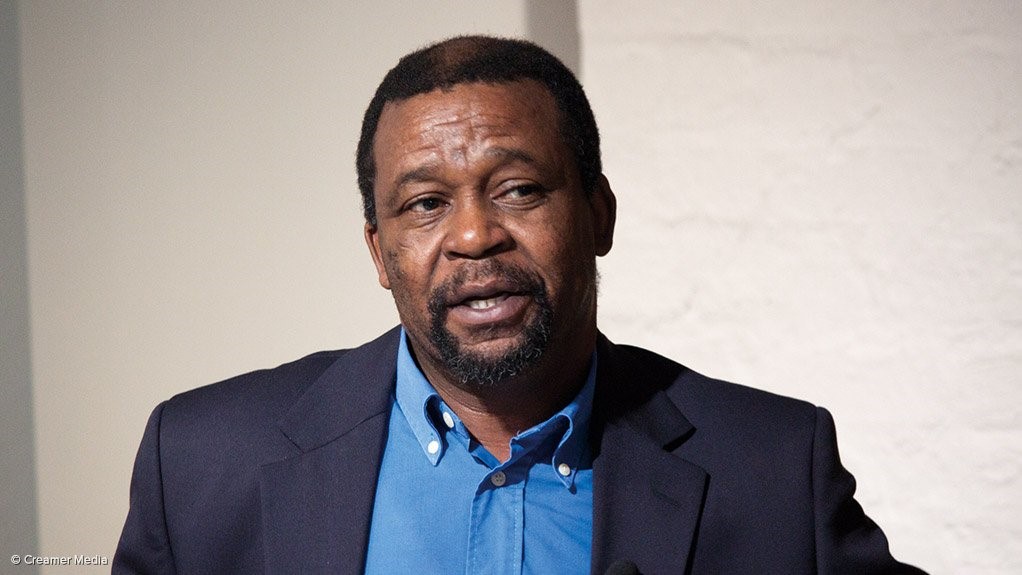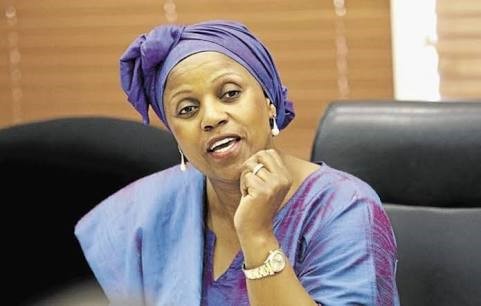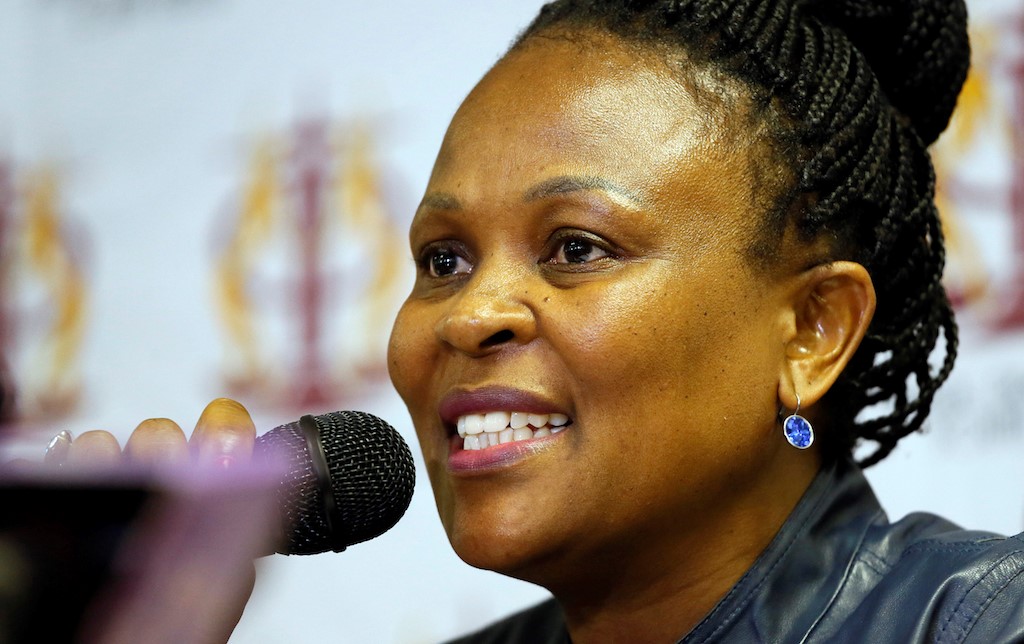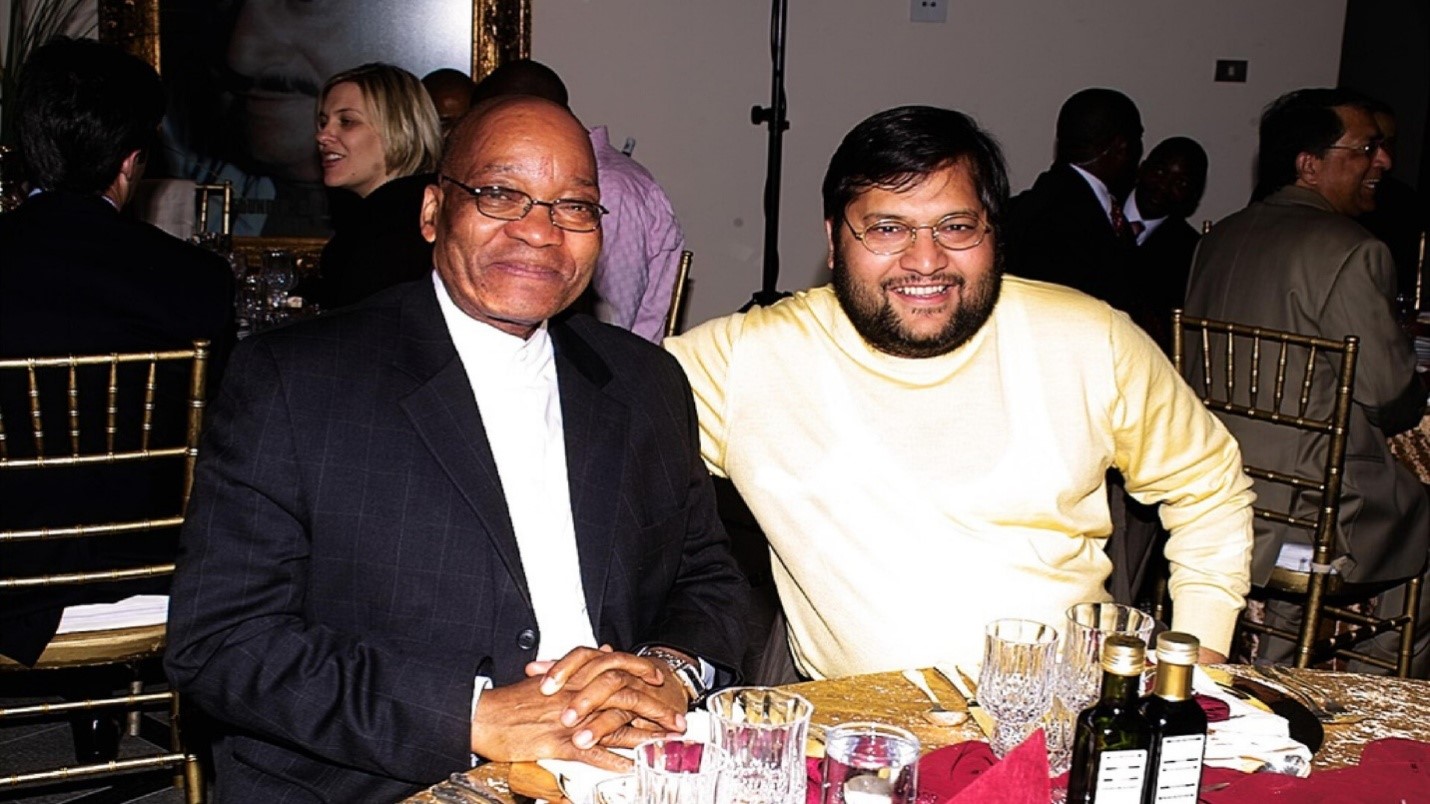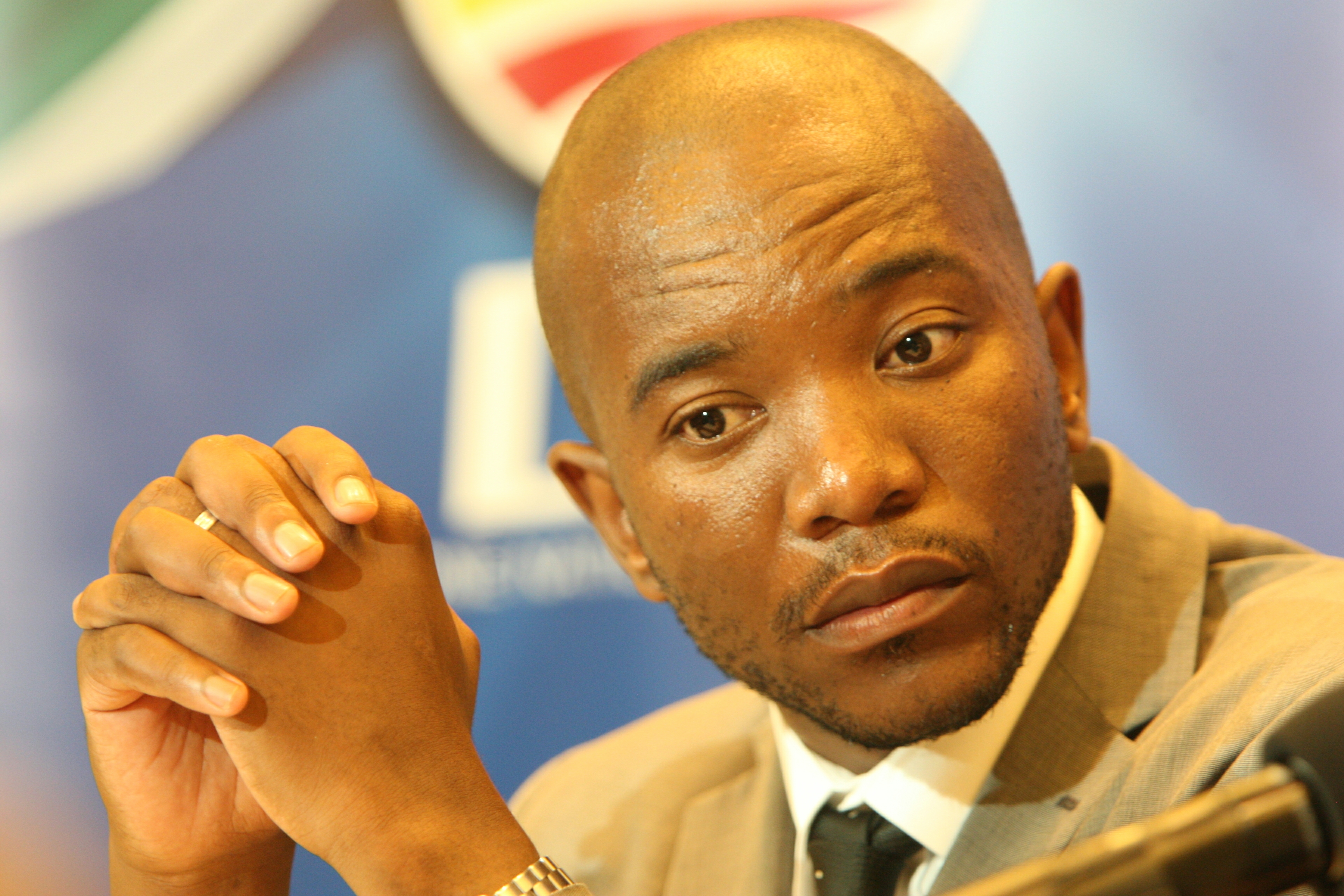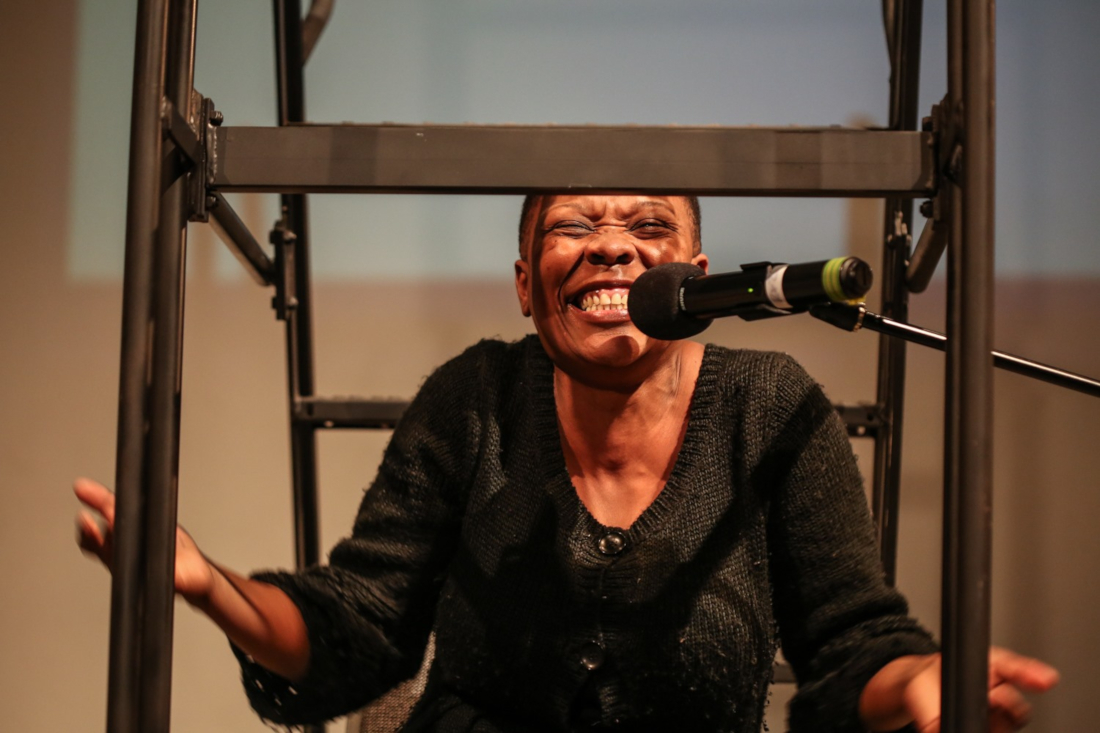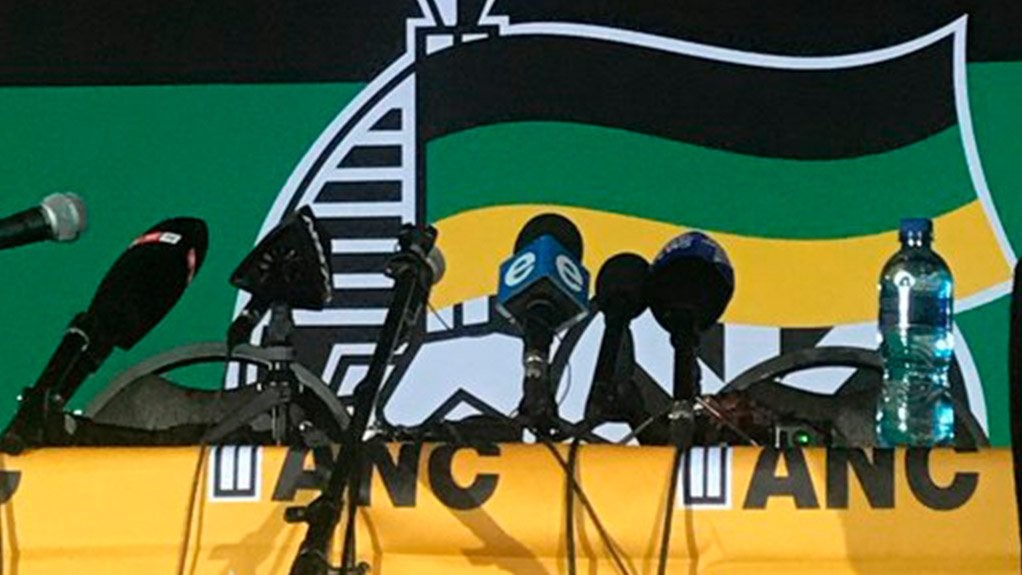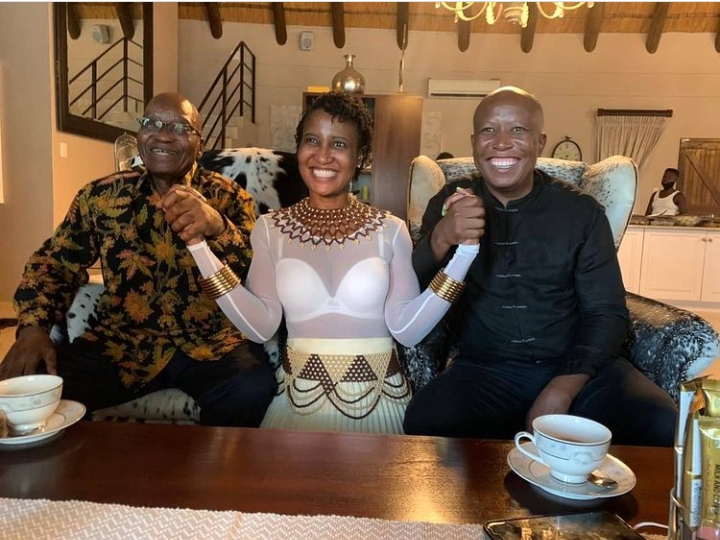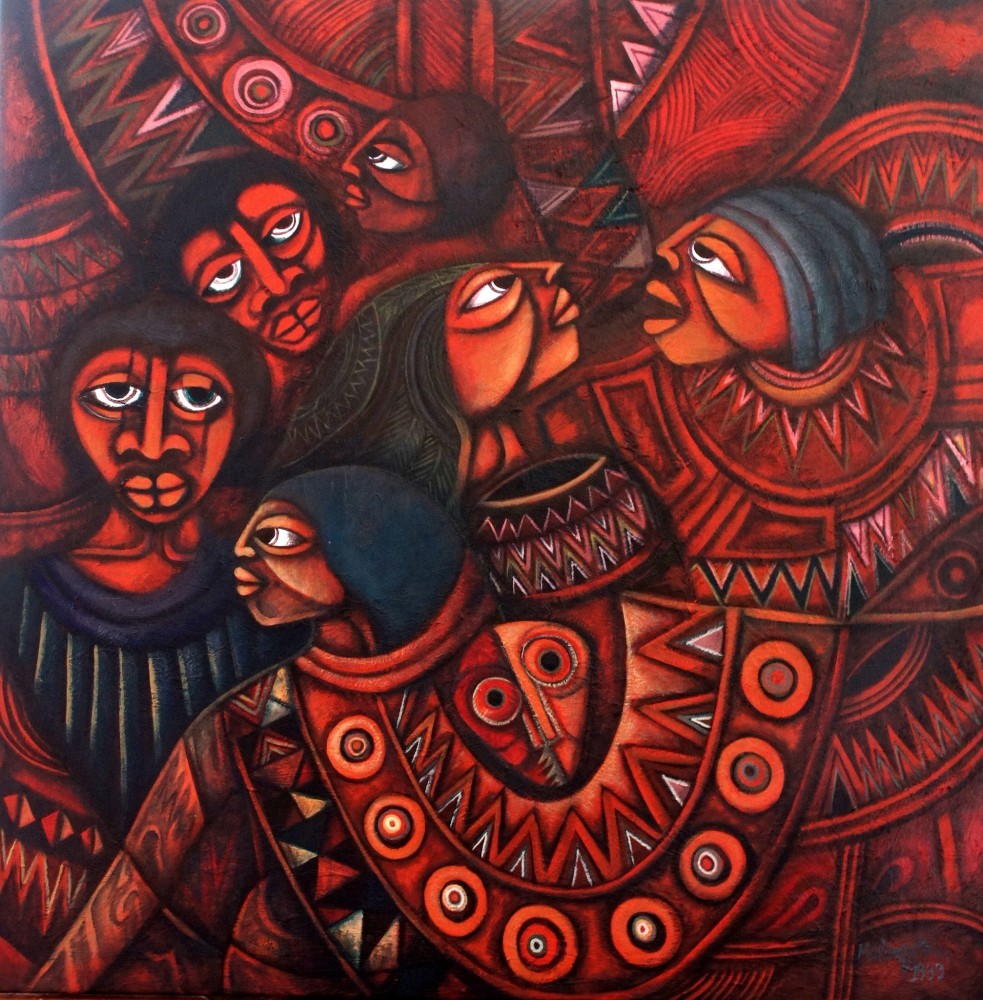“Nie dieu nie maitre!” -- a slogan first coined and popularized by French socialist Luois Auguste Blanqui in 1880, which literally translates to “No Gods, no masters” -- when he published a journal with the same heading. He was envisioning a Socialist future based on a school of thought known as anarchism. These words come to mind in the wake of Joel Netshitenzhe’s unfortunate article in the Daily Maverick, headlined Defend Our Democracy: South Africa beware Ace Magashule’s RET faction will fight till the bitter end. For purposes of radically structuring this polemic, I shall divide my take into three compartments.
First, the vicious attack by the right wing on Busisiwe Mkhwebane’s tenure as a Public Protector. Second, the conceptual framework of the African National Congress’s National Democratic Revolution vis-à-vis a party of the ruling class and apartheid economic elite, the Democratic Alliance. Thirdly, why Joel Netshitenzhe’s attack on radical economic transformation and Ace Magashule represents an organized bloc, in the ruling party, of right wingers who eat at the same palm of those who still horde the land, banks, mines and all principal assets and means of production in South Africa.
Firstly, Netshitenze writes that, “South Africans, including the mass of members of the ANC cannot allow the advances of 2017, and the constitutional order to be subverted. The campaign against this assault on our democracy should be intensified”. Netshitenzhe already assumes a position, with the rest of the article defending this opening line. That from 2017 South Africa has advanced in some way. What Netshitenzhe does not do, deliberately so in my view, is to state what these advances are at a concrete level (at least for the majority of South Africans still swimming in poverty). What do these advances mean for the rank file, riddled by retrenchments, load-shedding, and high unemployment in an economy in double recession and consigned to junk status? Youth unemployment is at its highest ever since the advent of this democracy, but he cannot even argue for a basic return to youth activism -- in the form of the paralyzed ANC YL; to catalyze the political renewal of the ANC -- a tradition which has always defined different epochs of struggle in the liberation movement.
In other words, Netshitenzhe justifies the popular media narrative of state capture, imagining that the problems in South Africa start an end with corruption. That 2017 marked an era defining the beginning of an end to corruption. Interestingly enough, Netshitenzhe’s woeful description of these unmentioned advances cunningly suggests that renewal is a moral question of leaders, as opposed to a political and ideological injunction to liberate the poor with radical economic policies. In his inscription, corporate corruption by companies like Glencore who still today owe Eskom for inflating the price of coal, is not really an issue. ABSA, under Maria Ramos as Barclays CEO of Africa, admitted to the Competition Commission in 2017 to having rigged the rand in foreign market exchanges. There is no radical critique by the so called “policy guru” against private capital’s sins, sins that translate into structural poverty for the Black majority. In fact, for the past 27 years, he has been an ideological figurehead in the ANC against free education. Why must the youth, students and the working-class respect Joel Netshitenzhe? What exactly does he stand for?
It is in this light that Busisiwe Mkhwebane dared to touch the untouchables, by demanding that ABSA should “pay back the money”. This was the move that started her woes. Netshitenzhe interestingly refers to this as “prima facie evidence of incompetence and wrongdoing”. These are names the Public Protector has earned for taking on the SARS Rogue Unit, BOSASA and other elite cases involving Netshitenzhe’s political and economic allies. What is “incompetent” in saying that ABSA/SARB must pay back the money for apartheid era economic crimes? His position arises simply because Netshitenzhe is opposed to the nationalization of SARB from private and foreign shareholders, which are his funders. However, the fact that Mkhwebane is the first Public Protector to record a clean audit in the history of democratic South Africa, and that her office has resolved over 40 000 cases relating to issues of service delivery (successfully changing the lives of ordinary people, as a Chapter 9 institution is constitutionally mandated to do) are ignored. Instead, Netshitenze and cohorts continue the racist stereotyping of Black women professionals, in defense of the convenient marriage with the Democratic Alliance.
Secondly, the ANC’s conceptual framework National Democratic Revolution is anchored on liberating the historically oppressed, with the final aim of creating a society where all shall live in a non-racial and non-sexist society with equal opportunity for all, not a select few. Now consider that the DA is not just any political party; it is a political cannon of those who horde the majority of the wealth of this country. This is why the DA will never vote with any African organization on resolving the mass poverty of the oppressed. In other words, in the contending class forces for the resources of the country, the Democratic Alliance sides with the economic elite. It is neither a friendly force of the NDR, nor a motive force. The organizing power base in the mineral energy complex in South Africa is still controlled by large settler colonial capital, or rather white monopoly capital.
This is why the Democratic Alliance and Afri-Forum are united against BEE and Affirmative Action policies, arguing that these represent instances of reverse racism in practice. Your class enemy will never agree with your class interests. Hence the notion of state capture in South Africa is devoid of historical analysis, because it presupposes that in 1994, we broke from the old economic yoke of colonialism. The people who owned the land then -- banks, large industries, game reserves, mass media, mines, asset management companies -- still own them today.
Advance to National Democracy: ANC Guidelines on Strategy and Tactics, February 1991 states;
“The contradiction between the oppressed Black majority and the white oppressor state is the most visible and dominant within South Africa. Conflict within our society derives from the system of oppression and exploitation. This contradiction cannot be resolved by the apartheid state reforming itself. Attempts by the ruling Nationalist Party to change its image, and on that basis draw around itself a coalition of offers, primarily from the Black community, are aimed at blunting this contradiction on a platform of modified white domination.”
This section further observes that, “The sense of national grievance against oppression and the fight against exploitation constitute the driving force of the national democratic revolution. The liberation movement faces the challenge of harnessing these elements into a mighty force, to sweep aside the apartheid state and create a united, non-racial and democratic society. Attempts by the regime and its allies to divert the masses from this reality, and to confine the terrain of debate and contest to areas conveniently defined by the champions of oppression and exploitation, must be resisted.”
Thirdly, the “champions of oppression and exploitation” (which is what constitutes the DA) as a political force for the economic elite cannot all of a sudden become allies of the progressive forces of national liberation -- as the national grievance against oppression constitute the driving force of the national democratic revolution. In a nutshell, there is no difference between the Ahmed Kathrada Foundation and the Oppenheimer-funded MISTRA. In the field of ideas, there are no gods, no gurus. We want our land back and no amount of forked-tongue speak from ruling class auxiliaries like Netshitenzhe and his ilk will change that.
Kamvelihle Goba is a student-youth activist. With a BA degree from the University of Johannesburg, and a registered first year LLB student at the University of South Africa. He writes in his personal capacity.

